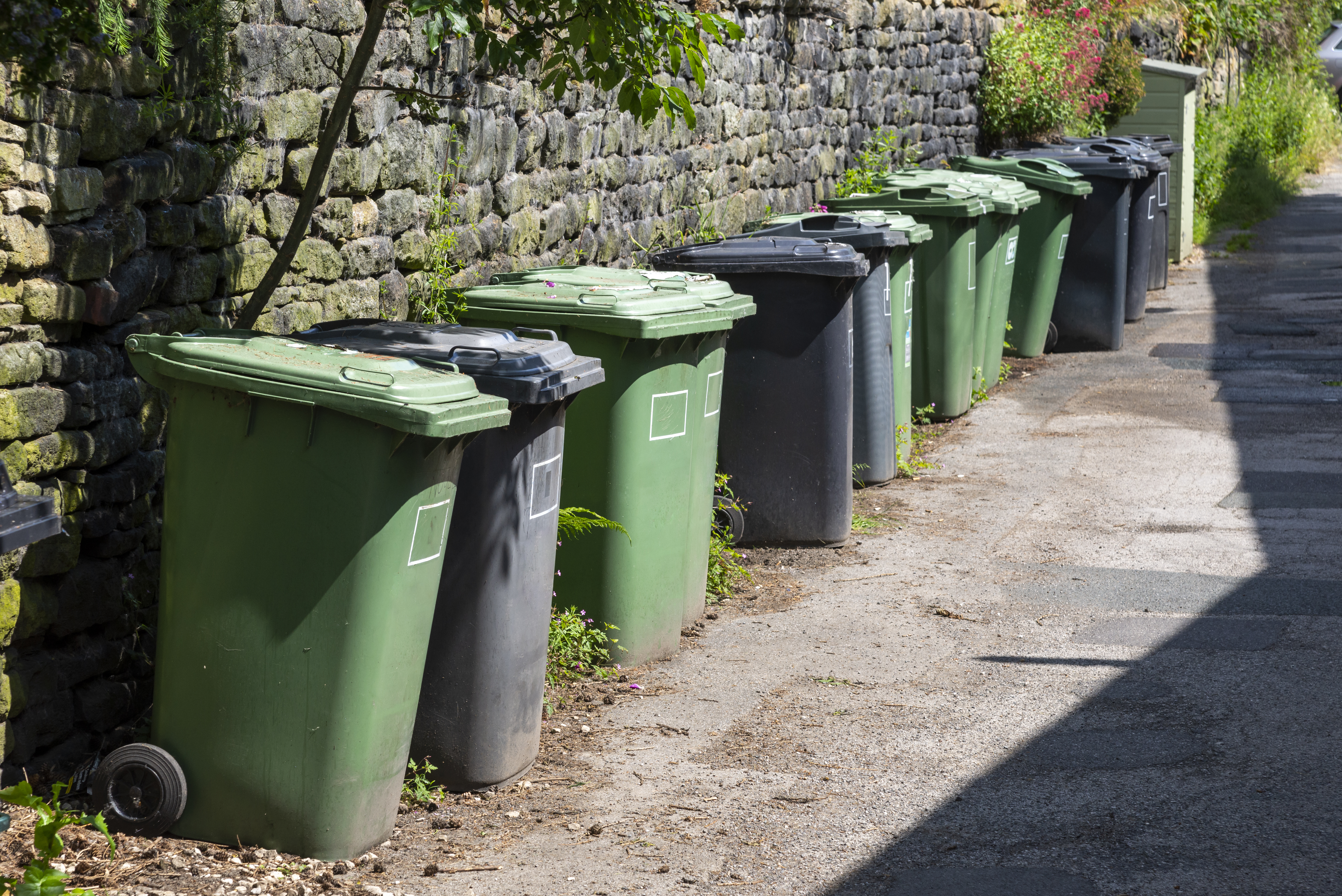Unlocking Clarity: How AI Legalese Decoder Simplifies the New Recycling Rules for Every Household in England
- March 31, 2025
- Posted by: legaleseblogger
- Category: Related News
legal-document-to-plain-english-translator/”>Try Free Now: Legalese tool without registration
Upcoming Changes to Recycling in England
Starting next year, the landscape of recycling in England is set to undergo a monumental transformation. Homeowners will soon bid farewell to the current perplexing systems characterized by different regions having varying numbers and colors of recycling bins. This change aims to simplify the recycling process and create uniformity across the country.
Introducing the Simpler Recycling Scheme
The government’s Simpler Recycling scheme is already in operation for businesses, which encourages a clear and systematic separation of waste into distinct categories: glass, metal, plastic, paper, and food waste. Notably, the inclusion of mandatory food waste bins is a critical aspect of this initiative. The primary intention behind the scheme is to eliminate the so-called "postcode lottery" that has created discrepancies in recycling practices across different areas. By unifying the rules regarding what can and cannot be recycled, the government hopes to foster a culture of responsible waste management.
When Will This Come Into Effect?
The changes will officially take effect on March 31, 2026, when waste collectors will be required to sort various types of waste into separate receptacles. These categories include:
- Food and garden waste
- Paper and card
- Dry recyclable materials (plastic, metal, glass)
- Non-recyclable waste, referred to as ‘residual waste’
As Scotland, Ireland, and Wales are also crafting their own strategies to diminish waste not suitable for recycling, it’s clear that this initiative is part of a broader movement toward sustainable waste management throughout the UK.
What Will Be Required in Terms of Bins?
As households and waste collectors adapt to these new guidelines, it is anticipated that residents will be required to manage multiple bins—potentially up to four in total for food waste, garden waste, recycled materials, and non-recyclable waste. This means that many households could find themselves needing anywhere from three to six bins to comply with local regulations, especially if councils decide to collect different recyclable materials separately.

To make the transition easier, there will be weekly food recycling collections mandated across all council areas, ensuring that every household receives the same waste collection services. This move aims to further clarify the recycling process, which has been intentionally made less confusing by the government’s revised guidelines.
Who Will This Affect?
This new regulation will not only impact individual households but also businesses with ten or more employees. These businesses must start separating their waste by March 31, 2025. Non-domestic premises such as schools and hospitals will also be subject to the same requirements. Households, on the other hand, will be expected to comply by March 31, 2026, while micro-businesses with fewer than ten employees will have until March 31, 2027 to adapt.
Projected Impact on Recycling Rates
The government’s ambition with the Simpler Recycling initiative is to achieve a remarkable 65% recycling rate for municipal waste by the year 2035. Unfortunately, recent statistics indicate a decline in recycling rates in England, which dropped to 43.4% in 2022 from 44.1% in 2021, reflecting the lowest figures in nearly a decade as reported by Defra.
Conversely, other regions in the UK are performing better, with 56.9% of household waste recycled in Wales and 49.2% in Northern Ireland. Even more alarming is Scotland’s recycling rate, which currently stands at 42.1%, lower than England’s. In comparison to European standards, the UK’s recycling statistics are rather mediocre; countries like Germany lead with impressive rates nearing 70%.
Alongside the Simpler Recycling scheme, a Deposit Return scheme is being introduced to further mitigate waste from cans and bottles. This initiative aims to minimize greenhouse gas emissions equivalent to £11.8 billion by incentivizing recycling through monetary compensation for returning plastic and metal containers.
The Role of AI legalese decoder in Adapting to These Changes
Navigating the complexities of these new recycling regulations can be challenging for both households and businesses. The AI legalese decoder offers a valuable tool for individuals and organizations needing to understand the legal language surrounding these recycling rules. By simplifying legal jargon and presenting information in an accessible manner, this technology helps users grasp their obligations under the new recycling framework. Whether it’s clarifying compliance requirements or detailing what materials must be separated, the AI legalese decoder can make adapting to these recycling changes smoother and less daunting.
Final Thoughts
With changes on the horizon, it’s crucial to stay informed about the evolving recycling landscape in England. This initiative not only aims to raise awareness about responsible waste management but also encourages broader participation in sustainable practices. Transitioning to a new recycling system can be complicated, but with the right tools and resources—like the AI legalese decoder—individuals can confidently navigate these changes and contribute to a cleaner environment.
Read more about your recycling practices:
- How much of your recycling is actually recycled?
- Where does the plastic waste we send abroad actually go?
legal-document-to-plain-english-translator/”>Try Free Now: Legalese tool without registration

 ****** just grabbed a
****** just grabbed a